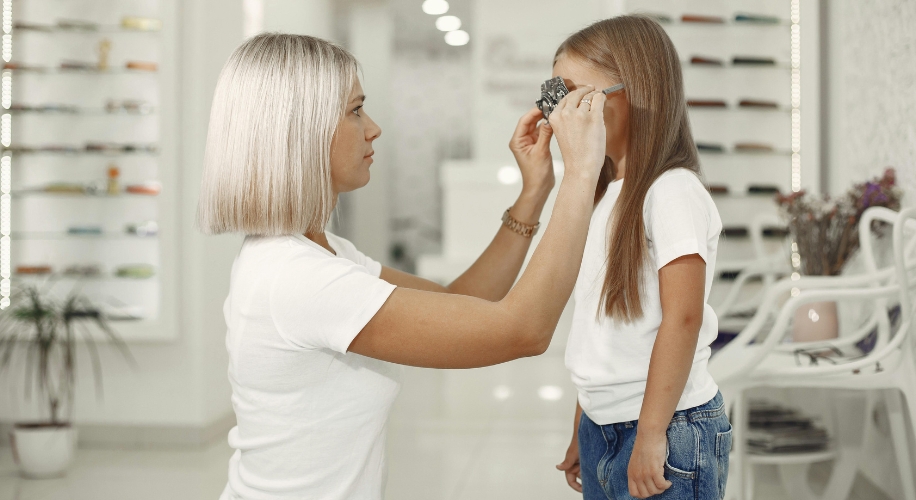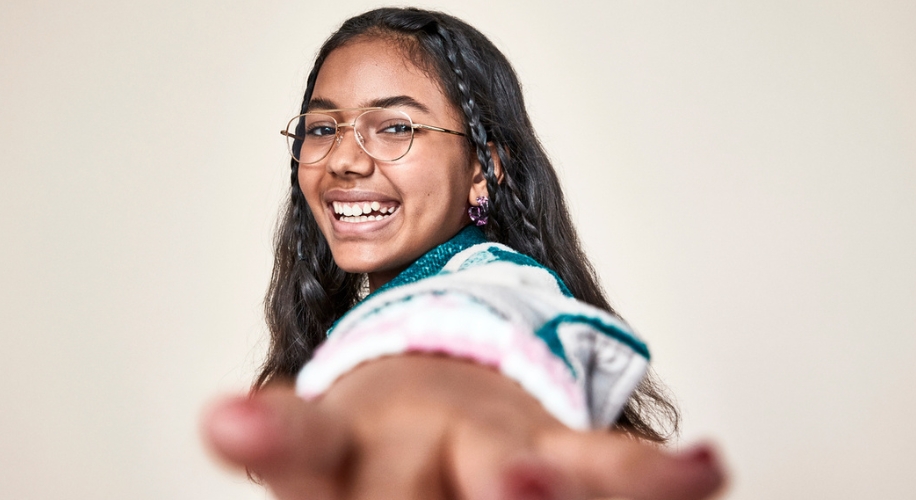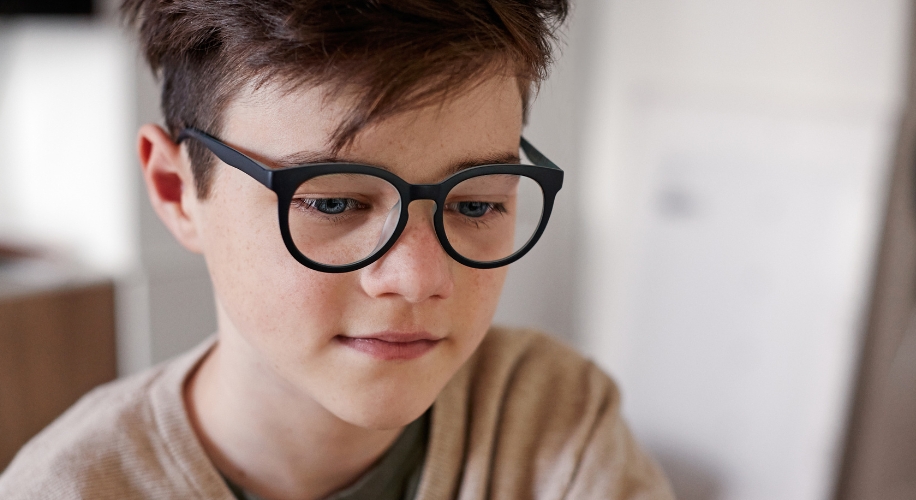When Should Kids Get an Eye Exam?
Ensuring your child’s vision health is crucial for their overall development and academic success. Regular eye exams are essential to detect any vision problems early on. But when exactly should you schedule your child’s first eye exam? Here’s a guide to help you navigate this important aspect of their health.
Photo by Gustavo Fring
Importance of Early Eye Exams
Early detection of vision issues is key to preventing complications that could affect your child’s learning and development. According to the American Optometric Association, infants should have their first comprehensive eye exam at 6 months of age. This early exam is crucial for detecting conditions like strabismus (misalignment of eyes) and amblyopia (lazy eye), which can be effectively treated if caught early.
School-Aged Children
After the initial exam at 6 months, it’s recommended to schedule another comprehensive eye exam at age 3. This exam ensures that your child’s eyes are developing properly and can catch any issues that may arise as they begin to interact more with their environment.
Shop These Frames
Regular Exams
Beyond age 3, it’s recommended that children receive comprehensive eye exams every 1-2 years, unless otherwise advised by their eye care professional. These exams become especially important as your child enters school and begins to engage in more visually demanding activities like reading and using digital devices.
Signs Your Child Might Need an Eye Exam Sooner
While regular exams are essential, there are also signs that your child might need an eye exam sooner than scheduled:
- Squinting: If your child squints often, it could indicate a refractive error like nearsightedness or farsightedness.
- Rubbing Eyes: Frequent rubbing of eyes could signal eye strain or fatigue.
- Holding Objects Close: If your child holds books or objects very close to their face, it might indicate nearsightedness.
- Headaches: Complaints of headaches, especially after reading or screen time, could be due to eye strain.
Shop These Frames
Remember, early detection leads to early intervention, which can significantly improve your child’s quality of life and academic performance. Schedule your child’s next eye exam today to ensure they see a bright and clear future ahead!







 Canada
Canada